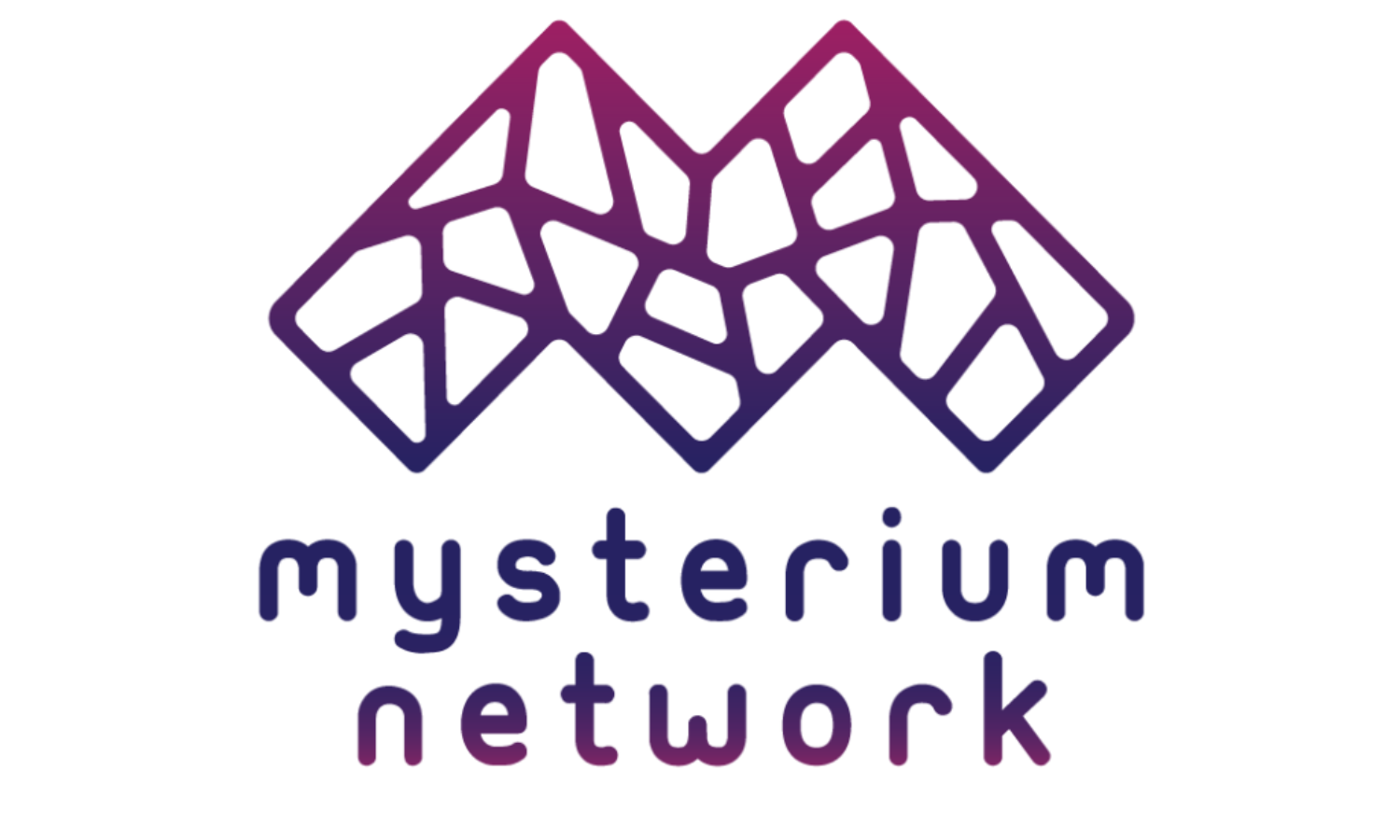i2Coalition Member Spotlight Q&A: Mysterium Network
With the aim of rewiring the fabric of the Internet itself, Mysterium Network‘s array of technologies span open and permissionless networking, cryptocurrency micropayments, and decentralization. The company assembles these disparate parts into a VPN service unlike any other.
In this Q&A with Mysterium Network’s Sharmini Ravindran, you’ll find out about the exciting technology and principles behind the company, and why it was important for them to join the i2Coalition and its VPN Trust Initiative.
i2Coalition: Could you describe how a “decentralized VPN” or “dVPN” expands the functionality of a VPN?
Sharmini Ravindran (Mysterium Network): Traditional VPNs have been in the market offering end users a tool that will provide them with privacy by encrypting traffic as they browse the web. Traditional VPNs often claim the unique selling position of “no logs”. This something that a consumer has to trust at face value.
But in a world with growing distrust for centralised systems, dVPNs open possibilities for a distributed and permissionless network of nodes hosted by netizens globally. This means that the technical infrastructure of a dVPN doesn’t allow for centralised logs, and the network itself is resilient beyond a single entity. In that sense, Mysterium is similar to TOR Network. Mysterium differs from TOR in that Mysterium Network participants are incentivised (i.e. earn cryptocurrency) for renting their internet. Find out more about how dVPNs are different from TOR.
You may also find this comparison of dVPNs interesting.
i2C: What are some of the reactions you get from tech industry people when they find out about Mysterium Network?
SR: Mysterium is building an open and permissionless network where participants are incentivised to share their internet. We have gotten extremely positive feedback on the ease of running a Mysterium Node. Our most recent SaaS product introduction: my.mysterium.network is a hub for Mysterium Node Runners to track their earnings and check their node connectivity.
Find out more about becoming a Mysterium Node.
We have also been actively involved in the Ethereum ecosystem, sponsoring hackathons such as ETH global and more recently, Funding the Future. During these events, we have had developers build consumer applications on top of Mysterium Network.
Find out more about Mysterium Network as a platform for developers.
i2C: As I understand it, Mysterium Network’s dVPN can essentially be anywhere there’s an Internet connection and compatible device. Are some of the nodes located in places that might be overlooked by traditional VPNs?
SR: We currently have nodes spread across 49 countries. You can see a map visualisation on our testnet.
i2C: What are some of the reasons Mysterium Network chose to join the i2Coalition and its VPN Trust Initiative?
SR: Mysterium is a leader in the dVPN category. Our goal with i2Coalition is to work with the traditional VPN sector to help bring concerns about internet censorship and privacy to the forefront.
During the working groups we hope to be part of the voice in creating standards that help regulators better understand Virtual Private Networks and their place in modern society.

